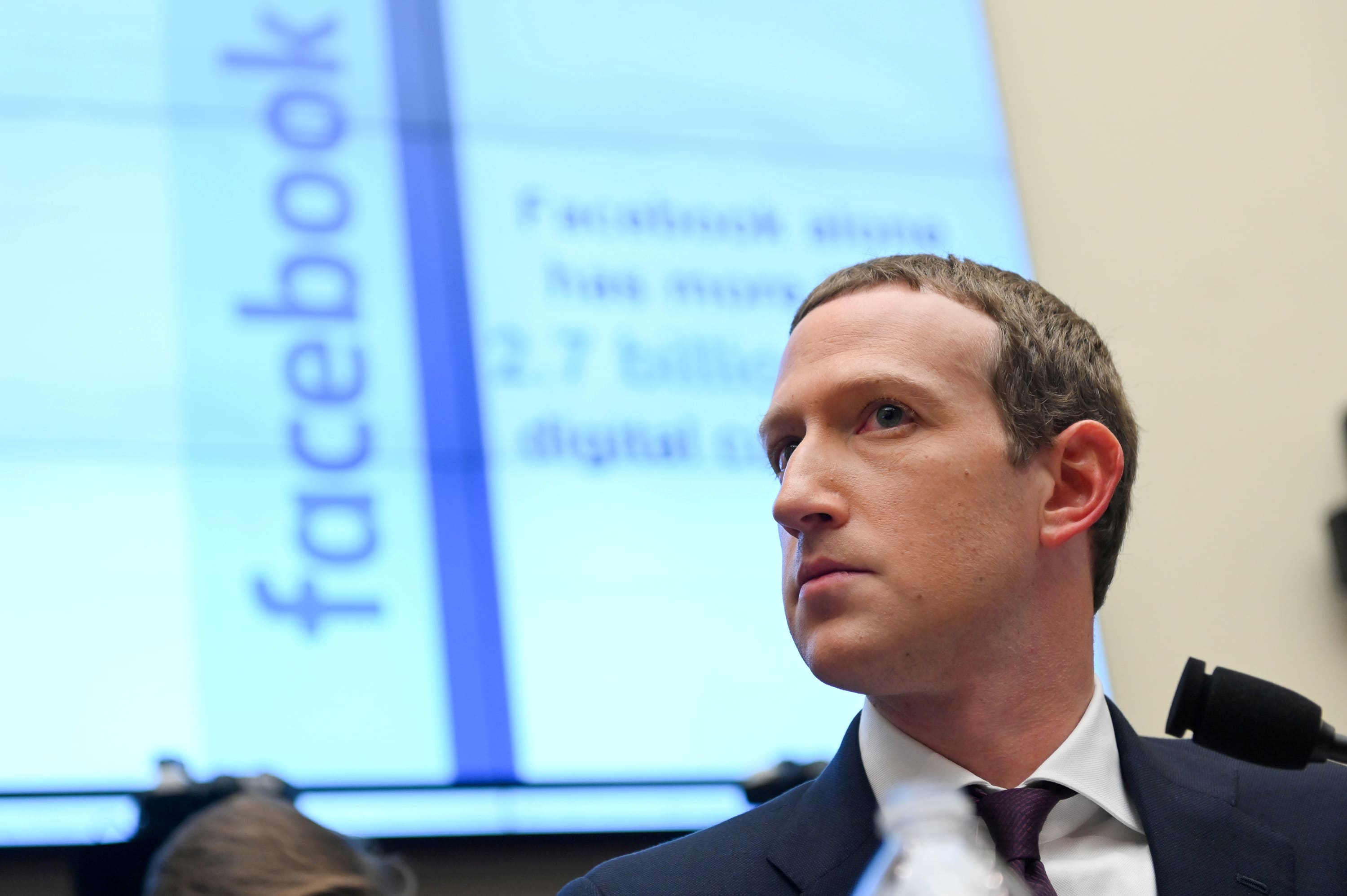
Facebook Chairman and CEO Mark Zuckerberg testifies at a House Financial Services Committee hearing in Washington, U.S., October 23, 2019.
Erin Scott | Reuters
A congressional report on Big Tech and antitrust has been delayed as the House Judiciary subcommittee on antitrust received new information on Facebook’s acquisition of Instagram, a Democratic source told CNBC.
According to the source, the report’s release was twice delayed from its expected release early this week. It was first postponed after a whistleblower came forward to provide new information about the Facebook-Instagram deal in 2012, in which the social media giant bought the photo-sharing start-up for $1 billion. Critics have suggested that Facebook bought the company primarily to stifle a potential source of competition.
The second postponement came Monday when Republican members said they wanted to add their input, according to the source, who expects the findings to be released after those discussions take place.
CNBC could not immediately learn the nature of the information shared on the Instagram acquisition or further details about the alleged whistleblower, like their position or employment status.
A Facebook spokesperson declined to comment. A representative for the Judiciary Committee did not immediately respond to requests for comment.
The report is expected to conclude the more than year-long investigation into Apple, Amazon, Facebook and Google, and will suggest potential areas for reform in the antitrust laws. The probe was launched as a bipartisan endeavor in June 2019 and several members have praised it for remaining a cooperative effort.
On Monday, Politico obtained and published a draft response by Rep. Ken Buck, R-Colo., that claims to respond to proposals in the majority report, which has not yet been released. Buck has been among the most vocal Republican supporters of antitrust reform on the subcommittee and he has said the investigation has been one of the bipartisan efforts he’s been a part of while in Congress.
The draft report outlines areas where he agrees with and diverges from his Democratic colleagues. According to the draft report published by Politico, Buck finds “Common Ground” with Democrats on issues like adding resources for antitrust enforcers and establishing rules around data portability and interoperability. Among his “Non-Starters” is the idea of a “Glass-Steagall for the Internet,” referring to the law that separated commercial and investment banking arms. Buck’s report implies a similar sort of structural separation is suggested in the majority report, though that report has not yet been made public.
WATCH: How US antitrust law works, and what it means for Big Tech






















